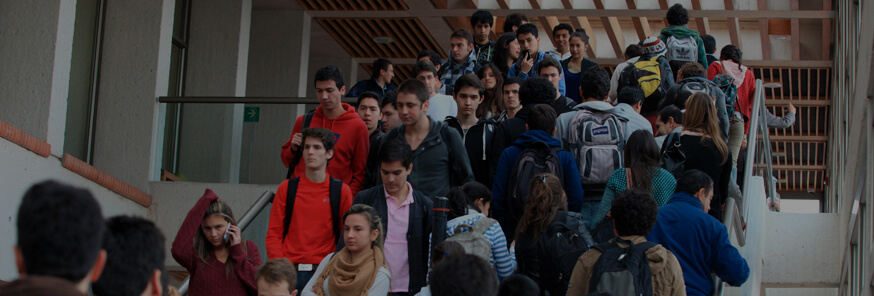
Drugs: An unfinished problem we need to face
22/11/2019
Experts in Mexico, Peru, Bolivia, Venezuela, and Colombia, met at the Second Regional Workshop on Drug Production, Trafficking, and Policy in the Andean Region, which was organized by the Center for Studies on Security and Drugs (CESED) at the Universidad de los Andes.
“My invitation is that this learning takes you to different areas of society as Colombia needs to think clearly about a problem that has not finished, will certainly be with us for more time to come, and that we need to face”, says Alejandro Gaviria, president of the Universidad de los Andes.
During the workshop, aspects of illegal crops were analyzed with special emphasis placed on cocaine. In doing so, phenomena related to these markets were addressed and evidence was presented on existing policies as well as their effects on development, security, health, justice, democracy, and local government. Drug policies in the Andean countries and in Mexico were also studied as well as lessons learnt and the continuing challenges in this area.
“We need to produce scientific evidence that informs drug policy. But we also have the responsibility to inform and educate the public in general on drug policy, its effects, and the big dilemmas surrounding it”, said María Alejandra Vélez, director of CESED.
According to Alejandro Gaviria, president of Universidad de los Andes, when we talk about anti-drug policy, we are fundamentally talking about human rights.
Without doubt, the problems associated with drug consumption and trafficking are well-known for those living in Andean areas where both the production and trafficking has financed armed illegal groups and organized crime, which is one of the main sources of violence.
It is worthwhile mentioning that, during the last forty years, under the leadership of the United States, policies have tried to eliminate illegal drug markets through prohibition and repression such as putting consumers in prison, the militarization of the fight against drug trafficking, and the criminalization of growers.
Alejandro Gaviria, president of the Universidad de los Andes, was emphatic when he affirmed that the drug policy is one of the most important topics in the region that needs to be debated. “Ultimately, the anti-drug policy, which is the DNA of a State, has a huge influence on individual liberties”. When we talk about antidrug policy, we are fundamentally talking about human rights.
Related news

28/07/2020
The Financial Times’ Executive Education ranking places the Faculty of Business Administration as one of the best in the world

14/02/2020
For three months, 25 ex-combatants from the FARC participated in an entrepreneurship workshop led by the Universidad de los Andes that will allow them

22/05/2019
A Los Andes study reveals that two out of three young people in Bogotá who neither study nor work (the so-called 'NEETs') are female. What has caused
Otras noticias
Share











